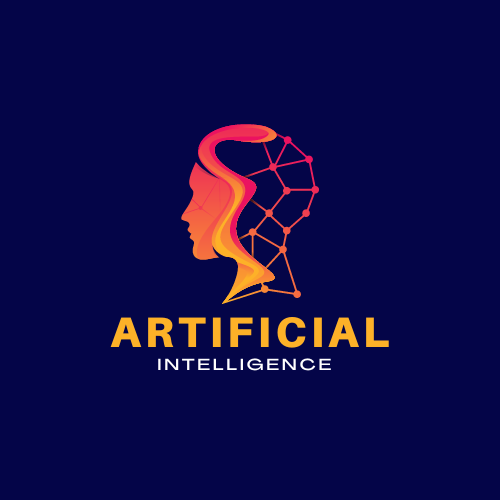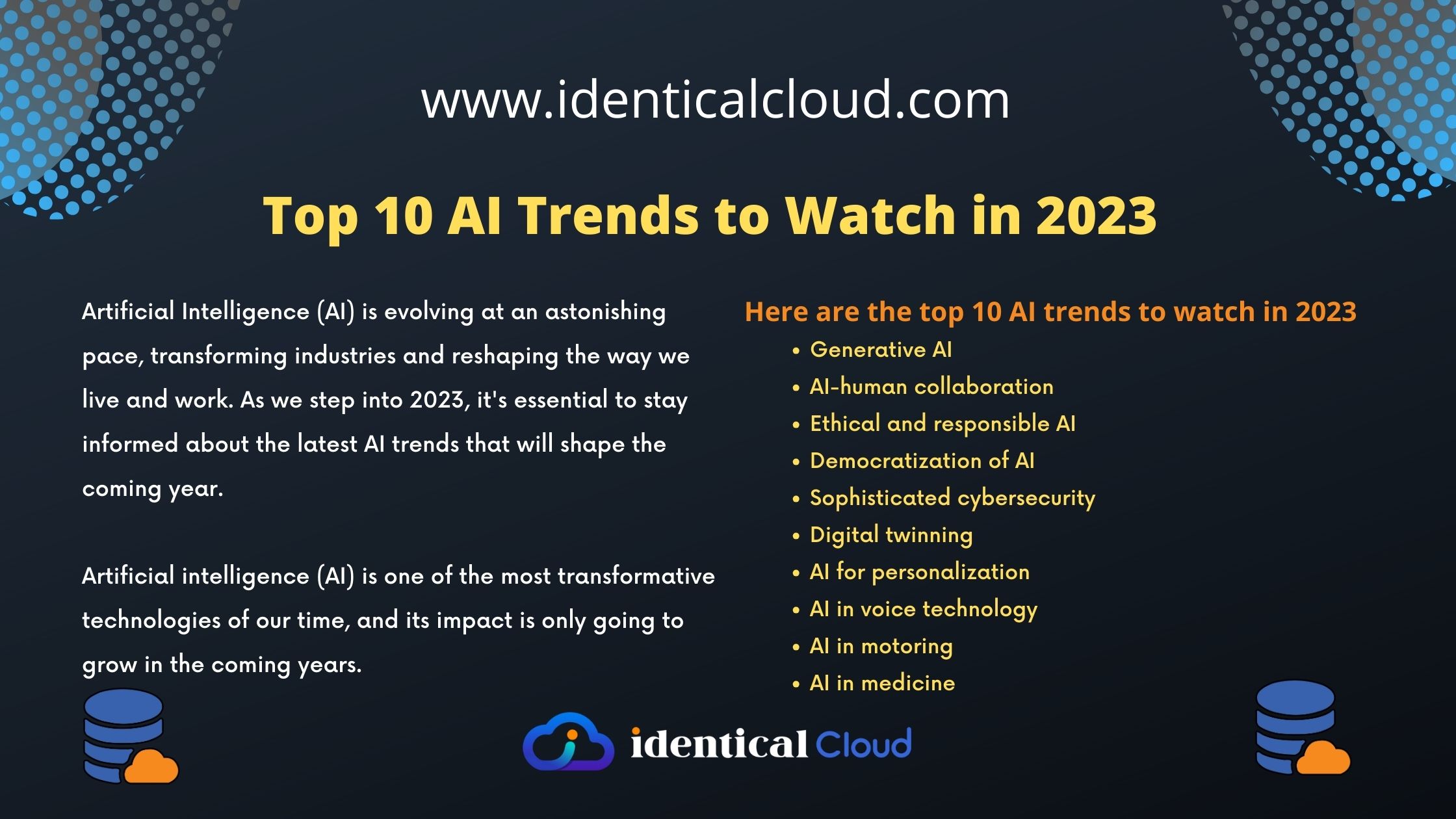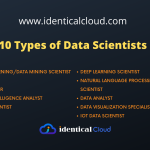
What is AI or Artificial Intelligence?
In today’s technologically advanced world, the term “Artificial Intelligence” (AI) has become increasingly prevalent. AI is no longer confined to science fiction; it has become a transformative force across industries and a topic of great interest. In this blog, we will explore the concept of AI, its underlying principles, and its potential to revolutionize the way we live and work.

What is AI or Artificial Intelligence?
At its core, AI refers to the development of computer systems that can perform tasks that typically require human intelligence. It involves the creation of intelligent machines capable of analyzing data, making decisions, and learning from experiences. AI aims to replicate human cognitive abilities, such as problem-solving, pattern recognition, language understanding, and decision-making, using algorithms and computational power.
Types of AI:
AI can be broadly categorized into two types: Narrow AI and General AI.
- Narrow AI, also known as Weak AI, is designed to perform specific tasks and excel in those domains. Examples include virtual personal assistants like Siri and chatbots used for customer service. Narrow AI systems are trained on large datasets and specific algorithms to accomplish specific tasks efficiently.
- General AI, also known as Strong AI, refers to the concept of machines possessing human-level intelligence across various domains. General AI can understand, learn, and apply knowledge in multiple contexts, exhibiting a level of versatility and adaptability similar to human intelligence. Achieving General AI is an ongoing area of research and development.
Applications of AI:
AI has found applications across various industries, including healthcare, finance, transportation, education, and entertainment. Some notable applications of AI include:
- Healthcare: AI assists in medical image analysis, drug discovery, patient monitoring, and personalized medicine, improving diagnosis accuracy and treatment outcomes.
- Finance: AI algorithms analyze large datasets to detect fraudulent activities, provide investment recommendations, and automate tasks like credit scoring and risk assessment.
- Transportation: AI powers self-driving cars, enhances traffic management systems, and optimizes logistics and route planning.
- Education: AI enables personalized learning experiences, adaptive tutoring, and educational content recommendation, catering to individual student needs.
- Entertainment: AI is used in recommendation systems for personalized content suggestions, as well as in virtual reality and augmented reality applications, providing immersive experiences.
Challenges and Ethics:
While AI brings immense potential, it also poses challenges and raises ethical considerations. Concerns regarding privacy, data security, bias in algorithms, and job displacement need to be addressed to ensure the responsible and beneficial use of AI.
Artificial Intelligence has rapidly emerged as a transformative technology, reshaping industries and impacting our daily lives. By harnessing the power of AI, we can automate mundane tasks, gain valuable insights from data, improve decision-making processes, and create innovative solutions to complex problems. As AI continues to advance, it is essential to strike a balance between progress and ethical considerations, fostering responsible and beneficial applications of this powerful technology.







